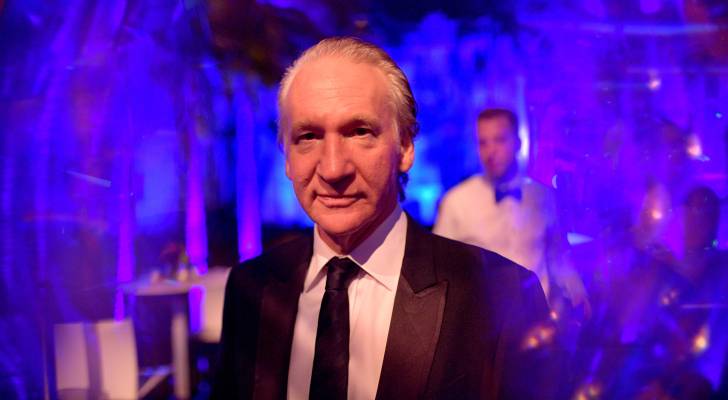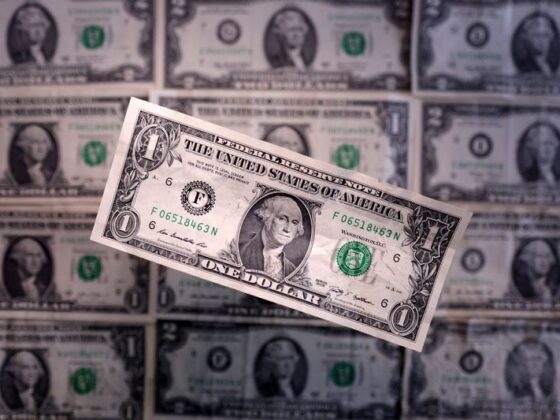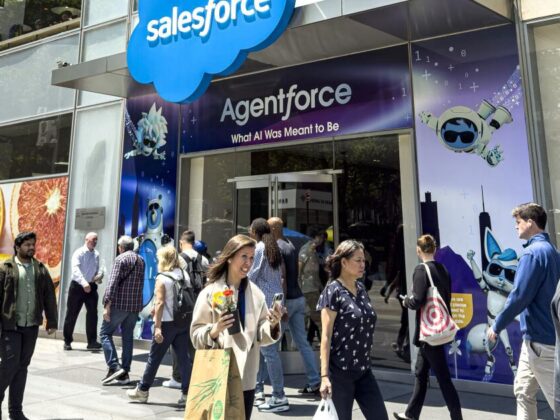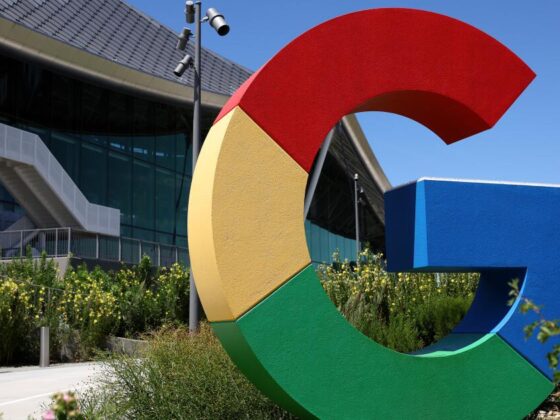Moneywise and Yahoo Finance LLC may earn commission or revenue through links in the content below.
Love him or hate him, Bill Maher isn’t shy about eating his own words. On an episode of his Club Random podcast, the comedian says he was wrong about President Donald Trump’s sweeping tariffs.
“Tariffs. Now, I remember, I, along with probably most people, were saying at the beginning, ‘Oh, you know, by the 4th of July the economy was going to be tanked by then.’ And I was kind of, like, ‘Well, that seems right to me.’ But that didn’t happen,” Maher said in a clip posted July 28.
“The truth is, I don’t know what [Trump’s] strategy is. But look, the stock market is at record highs. I know not everybody lives by the stock market, but I also drive around, I don’t see a country in a depression at all — I see people out there just living their lives. And I would have thought — and I’ve got to own it — that these tariffs were going to sink this economy by this time. And they didn’t.”
Many experts were — and several remain — critical of Trump’s trade policies. Former Treasury Secretary Larry Summers called Trump’s tariffs “a self-inflicted wound on the American economy,” while Nobel Prize-winning economist Paul Krugman said they “create an impossible environment for business.”
To be sure, the uncertainty surrounding tariffs did rattle Wall Street. Trump’s first 100 days were the worst start for stocks under a president since the Nixon era. But they’ve since bounced back, and as Maher alluded to, major indices like the S&P 500 and Nasdaq have hit new all-time highs.
The blunt reality? While Trump’s tariffs may have consequences — particularly on consumer prices — the U.S. economy remains a global powerhouse.
That enduring strength is why investing legend Warren Buffett has long urged investors to stay optimistic about America’s future.
As Buffett wrote in his 2022 letter to Berkshire Hathaway shareholders: “I have yet to see a time when it made sense to make a long-term bet against America. And I doubt very much that any reader of this letter will have a different experience in the future.”













